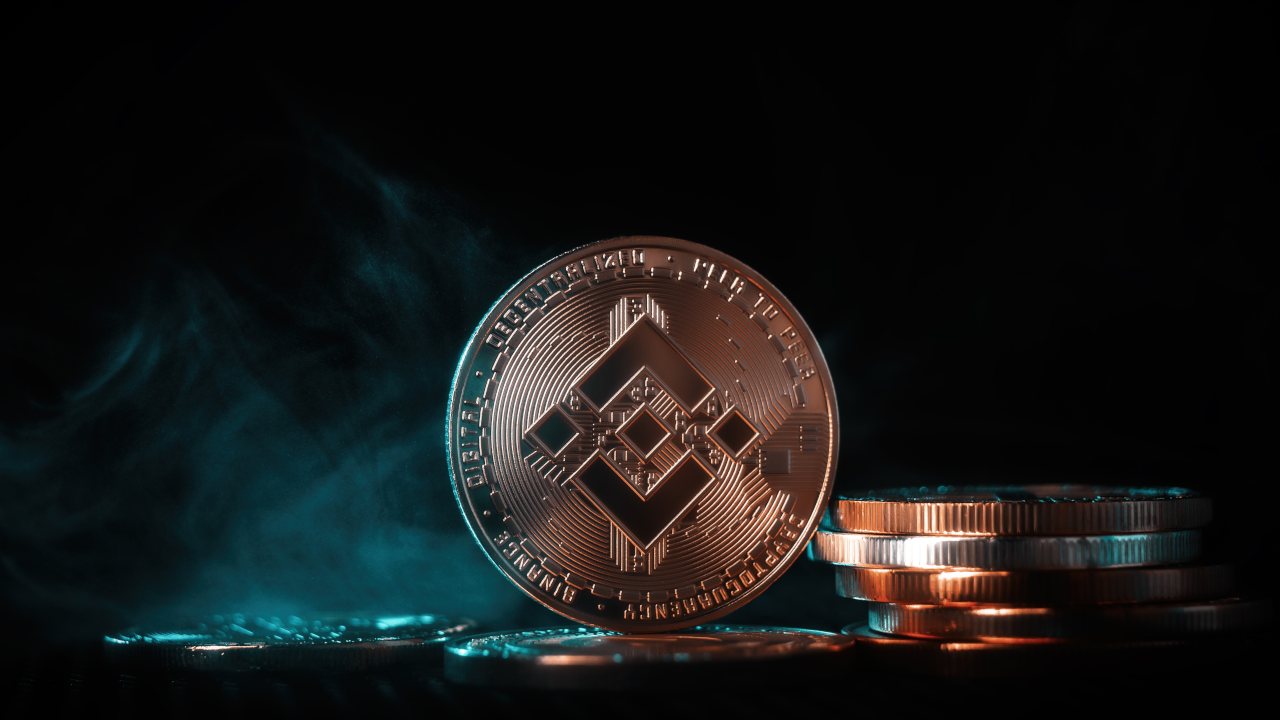
Windtree Therapeutics to Buy $700M in BNB as Token Hits All-Time High
Introduction: A Bold Move into Crypto by a Nasdaq-Listed Biotech Firm
In a surprising yet strategic move, Nasdaq-listed biotech company Windtree Therapeutics (WINT) has announced plans to purchase up to $700 million worth of BNB, the native token of the BNB Chain. This decision comes just as BNB reached an all-time high of $808, solidifying its position as the fifth-largest cryptocurrency by market capitalization.
Windtree’s aggressive investment follows a growing trend of publicly traded companies diversifying their treasuries with digital assets—not just Bitcoin but also altcoins like BNB. The company has secured funding through a $500 million equity line of credit and a $20 million stock-purchase agreement to fuel its crypto acquisition strategy. Additionally, Windtree has partnered with Kraken, a leading cryptocurrency exchange, for custody solutions.
This article explores Windtree’s bold move, the implications for BNB, and how this reflects a broader shift in corporate treasury strategies.
Why Windtree Therapeutics Is Betting Big on BNB
Windtree Therapeutics, a Pennsylvania-based biopharmaceutical company, is pivoting toward cryptocurrency as part of its financial strategy. CEO Jed Latkin stated:
"Pending stockholder approval, the opportunity to secure additional funds for purchasing more BNB cryptocurrency is essential to our strategy."
While Windtree has not disclosed specific reasons for choosing BNB over other cryptocurrencies, several factors may have influenced this decision:
- BNB’s Strong Market Performance: The token recently hit an all-time high, demonstrating resilience and growth potential.
- Utility Within Binance Ecosystem: BNB powers transaction fees, staking, and decentralized applications (dApps) on BNB Chain.
- Corporate Treasury Trend: Following companies like MicroStrategy (now Strategy), which holds billions in Bitcoin, firms are diversifying into crypto to enhance shareholder value.
Windtree’s stock (WINT) has surged 162% over the past month, despite a recent 5% dip following the announcement. This suggests investor optimism around its crypto strategy.
BNB’s Meteoric Rise: From Exchange Token to Market Leader
BNB was launched in 2017 by Binance, initially as an ERC-20 token on Ethereum before migrating to its own blockchain, the BNB Chain. Today, it boasts:
- A market cap of $106.9 billion (CoinGecko).
- An all-time high price of $808 (recently corrected to ~$769).
- Use cases spanning trading fee discounts, DeFi, and Web3 applications.
The token’s growth mirrors Binance’s dominance in crypto trading volumes and its expanding ecosystem, including:
- BNB Smart Chain (BSC): A high-throughput blockchain supporting smart contracts.
- DeFi & NFT Integration: Major protocols like PancakeSwap rely on BNB.
- Token Burns: Binance periodically burns BNB to reduce supply, increasing scarcity.
Compared to Bitcoin and Ethereum, BNB offers faster transactions and lower fees—key reasons why corporations like Windtree may see it as a viable treasury asset.
The Corporate Crypto Treasury Trend: Beyond Bitcoin
Windtree is not alone in adopting crypto as part of its balance sheet strategy. Several public companies have made similar moves:
1. MicroStrategy (Now Strategy) – The Bitcoin Pioneer
- Holds 607,770 BTC (~$70.6 billion).
- Uses Bitcoin as a primary treasury reserve asset.
- Stock performance often correlates with BTC price movements.
2. Nano Labs – Another Major BNB Buyer
- Recently announced plans to acquire $1 billion in BNB.
- Saw a stock price surge post-announcement.
3. Semler Scientific & Metaplanet – Following the Blueprint
- Both firms have allocated portions of their treasuries to Bitcoin.
- Metaplanet adopted BTC as a strategic reserve asset in 2024.
Unlike these firms that focus on Bitcoin, Windtree and Nano Labs are betting on BNB—a sign that altcoins are gaining institutional traction.
How Windtree Plans to Fund Its $700M BNB Purchase
To finance its massive crypto acquisition, Windtree has structured two key deals:
- $500 Million Equity Line of Credit – Secured from an unnamed institutional investor.
- $20 Million Stock-Purchase Agreement – With Build and Build Corp., another financing partner.
Additionally, the company had previously committed to buying $200 million in BNB before expanding its target to $700 million. Partnering with Kraken ensures secure custody—a critical consideration for institutional holders managing large crypto positions.
Market Reactions & Potential Risks
Stock Performance & Investor Sentiment
- WINT shares rose 162% in the past month but dipped ~5% post-announcement (possibly due to profit-taking).
- Similar moves by Nano Labs led to stock pumps, suggesting market optimism around crypto treasury strategies.
Regulatory & Volatility Concerns
- Unlike Bitcoin (viewed as "digital gold"), BNB’s regulatory status remains less defined.
- If Binance faces legal challenges (as seen in past SEC lawsuits), BNB’s price could be impacted.
- Crypto market volatility remains a risk for corporate treasuries holding large altcoin positions.
Conclusion: What This Means for Crypto & Corporate Adoption
Windtree Therapeutics’ $700 million BNB purchase signals a growing acceptance of altcoins in corporate treasuries—not just Bitcoin. Key takeaways:
✅ BNB Gains Institutional Credibility: Large-scale acquisitions validate its role beyond just exchange utility.
✅ More Companies May Follow: If Windtree’s strategy pays off, expect other firms to explore altcoin holdings.
✅ Crypto as a Treasury Asset is Here to Stay: From MicroStrategy’s Bitcoin bets to Windtree’s BNB move, corporations see digital assets as viable reserves.
What to Watch Next:
🔹 Will other biotech or non-tech firms adopt similar strategies?
🔹 How will regulators respond to corporate altcoin holdings?
🔹 Can BNB sustain its momentum amid broader market cycles?
For now, Windtree’s bold bet underscores crypto’s expanding role in traditional finance—and investors will be watching closely to see if this gamble pays off long-term.